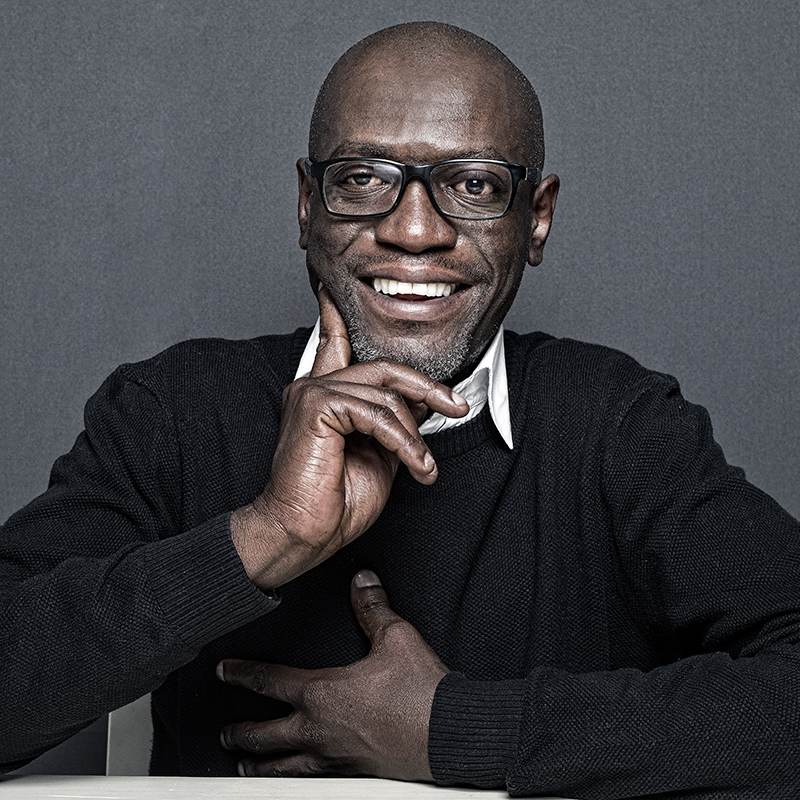South Africa's largest fibre transaction thwarted by anti-trust body
South African anti-trust authorities have thwarted the country's largest fibre transaction to date. Although the companies are not giving up on the deal, yet.
Earlier Tuesday, the Competition Commission (CompCom) recommended to the Competition Tribunal that Vodacom's proposed purchase of a 30% share in Maziv be prohibited.
In 2021, Vodacom, led by CEO Shameel Joosub, announced an agreement to buy a co-controlling stake in all of the fibre assets owned by Johannesburg Stock Exchange-listed Remgro affiliate Community Investment Ventures Holdings (CIVH). These include fibre network operators Vumatel and Dark Fibre Africa.
The transaction was subject to CompCom clearance, and Vodacom has had to wait 21 months for the anti-trust authorities to prohibit the deal.
The possibility of the Vodacom and CIVH acquisition stemmed from severe rivalry in the fibre market, according to analysts, motivating the ongoing chase for fibre assets, including those of South Africa's telecommunications giant, Telkom.
The competition watchdog stated on Tuesday that the planned acquisition will likely significantly prevent or reduce competition, and that the terms presented do not completely address the resulting harm to competition.
"The proposed merger will result in a loss of direct competition between Vodacom and Maziv in areas where both Vodacom and Maziv have deployed fibre," CompCom stated.
According to the regulator, the planned merger is also likely to hinder or reduce future competition in fibre and 5G fixed wireless access.
Both Maziv and Vodacom have major pre-merger ambitions to expand service, particularly in disadvantaged low-income communities, according to CompCom.
Vodacom is investing in infrastructure rollout to target underserved low-income and outlying users, through its spectrum allocation commitments, while Maziv is investing in infrastructure deployment through its subsidiary, Vumatel.
"These expansion plans would bring the benefits of price competition and consumer choice to underserved or unserved consumers," CompCom stated.
"The proposed merger will most likely prevent or reduce this competitive rivalry, depriving low-income consumers of the benefits that fixed competition has on mobile products, which are currently enjoyed by wealthier and urban South African consumers."
It is not yet finished
Following significant engagement with the CompCom's investigative team since the proposed merger was revealed, Vodacom responded that it is surprised and disappointed with the recommendation, considering that both Vodacom and CIVH have attempted to completely resolve competition-related issues.
The telecoms company stated that it presented the authorities with a list of remedies and public interest commitments.
"While we are disappointed, it is critical to remember that the Competition Commission's recommendation is not the end of the process. Instead, the proposed deal will be filed to the Competition Tribunal. This would have been the case even if the Competition Commission had approved the proposed merger for approval by the Competition Tribunal," stated Vodacom.
The company said it is looking forward to the Competition Tribunal process, and that it wants to demonstrate the strong public interest and pro-competitive advantages that the proposed acquisition will have on the fibre market.
"In Vodacom's view, the proposed transaction will help bridge the digital divide and enhance competition in the fibre market because the parties have made a firm commitment to ensuring access to Maziv's fibre assets – including Vodacom's fibre assets contributed as part of the transaction – will be made available through an open access, non-discriminatory pricing model," it said.
According to Vodacom, the proposed merger will greatly accelerate South Africa's social development and would benefit the government, the economy, and lower-income people on a variety of fronts.
"Maziv is committing to invest capex of at least R10 billion rand over a five-year period, including the commitment to pass at least one million new homes in lower income areas, such as Alexandra, with fibre infrastructure over a five-year period," it continued.
Vodacom added that Maziv “committed to create up to 10,000 new jobs while also providing job security and enhanced benefits for current employees potentially impacted by the transaction."
In addition, the new firm, Vodacom said, is emphasising SMME development by establishing an R300 million enterprise and supplier development fund over three years, with the goal of improving the amount of localisation across the value chain.
Finally, Vodacom stated, "Vodacom's investment in excess of R13 billion into South Africa through this transaction would come at a time when attracting capital investment is particularly difficult."
"This level of investment cannot be made solely by Maziv and is in addition to Vodacom's recent R60 billion investment pledge at the SA Investment Conference."
"We are confident that the transaction will benefit both the South African consumer and the economy. Vodacom's anticipated investment is significant since a significant amount will be focused on creating new fibre infrastructure at a time when obtaining capital investment is extremely difficult."
